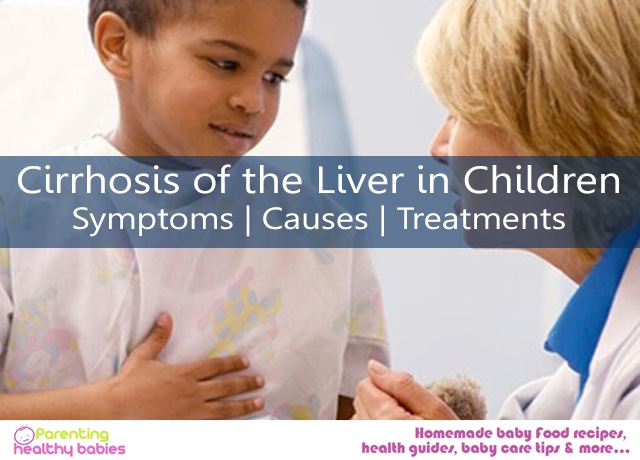As parents, you always wish the best for your children. You want your kids to become healthy, happy, and well-nourished. However, sometimes, despite our best efforts, children can suffer from malnutrition. Unfortunately, malnutrition is a common problem for children, especially in developing countries. Malnutrition is a condition where the body does not get enough nutrients it needs, such as vitamins, minerals, and protein, which can lead to stunted growth, a weakened immune system, and other health problems. In this article, we will discuss the types, signs, causes, diagnosis, treatment, and prevention of malnutrition in children.
In This Article:
- Types of Malnutrition
- Signs and Symptoms of Malnutrition
- Causes of Malnutrition
- Diagnosis of Malnutrition
- Treatment for Malnutrition in Children
- Prevention of Malnutrition in Children
Types of Malnutrition
There are two main types of malnutrition: undernutrition and overnutrition.
Undernutrition
Undernutrition occurs when the body does not receive enough calories, protein, vitamins, or minerals. Undernutrition can lead to stunted growth, weakened immune systems, and a higher risk of infection. It can also cause cognitive impairment, which can affect a child’s ability to learn and develop.
Overnutrition
Overnutrition, on the other hand, occurs when the body receives an excess of calories, often from foods that are high in sugar, fat, or salt. Overnutrition can lead to obesity, diabetes, and heart disease. Children who are overnourished may also suffer from low self-esteem and depression.
Signs and Symptoms of Malnutrition
Stunted Growth
One of the most visible signs of malnutrition is stunted growth. When a child is not receiving the right nutrients, their body will not grow properly. This can result in a child being shorter than their peers, not gaining weight at the expected rate, or not hitting developmental milestones.
Low Energy Levels
Another sign of malnutrition is fatigue and low energy levels. Children who are not receiving enough nutrients may become lethargic and lack energy. They may also struggle to concentrate in school or have difficulty with physical activities.
Weak Immune System
Malnutrition can also affect a child’s immune system, making them more susceptible to illnesses. Children who are malnourished may have frequent infections, such as colds, flu, or other illnesses. They may also take longer to recover from illnesses than their peers.
Causes of Malnutrition
Poverty
Families who live in poverty may not have enough money to provide their children with a balanced and nutritious diet. They may rely on cheap and unhealthy foods, which lack essential nutrients. In some cases, families may even skip meals to save money, which can lead to malnutrition.
Lack of Access to Healthcare
Children who do not receive regular check-ups may have undiagnosed health problems that affect their ability to absorb nutrients. For example, a child with a digestive disorder may not be able to absorb nutrients from their food correctly, leading to malnutrition.
Lack of Education
If parents do not understand the importance of a balanced and nutritious diet, they may not provide their children with the right foods. Additionally, some parents may not know how to prepare healthy meals or have access to recipes and cooking resources.
Diagnosis of Malnutrition
Diagnosing malnutrition in children can be tricky, as the symptoms may not show up until the child is severely malnourished. However, there are some warning signs that we discussed earlier, like stunted growth, fatigue, a poor immune system, weight loss, etc. If any of these signs are visible in your child, it’s important to get medical help. Your paediatrician can perform a physical exam and run some tests to determine if your child is malnourished and what nutrients they may be lacking.
Some of the tests that are done:
- Blood tests: These tests can check for levels of certain nutrients, such as iron, vitamin D, and vitamin B12.
- Stool tests: These tests can check for parasites or bacteria that may be causing malabsorption of nutrients.
- Urine tests: These tests can check for protein and other nutrients that may be lost due to malnutrition.
Treatment for Malnutrition in Children
Dietary Interventions
When it comes to treating malnutrition in children, a well-balanced diet is key. This may involve increasing the intake of nutrient-rich foods such as fruits, vegetables, lean proteins, and whole grains.
Therapeutic Feeding Programmes
In severe cases of malnutrition, therapeutic feeding programmes may be necessary. These programmes provide specialised nutrition support to help children regain weight and improve their overall health.
Medical Management
Medical management of malnutrition may involve treating underlying medical conditions that contribute to poor nutrition, such as infections or digestive disorders. In some cases, supplements or medications may be prescribed to address specific nutrient deficiencies.
Prevention of Malnutrition in Children
Preventing malnutrition in children involves providing them with a healthy and balanced diet that includes a variety of foods. In addition, regular check-ups with a paediatrician can help identify any early signs of malnutrition and allow for early intervention.
Promotion of Breastfeeding and Proper Nutrition
One of the best ways to prevent malnutrition in children is by promoting breastfeeding during infancy and ensuring that children receive a diet rich in essential nutrients as they grow.
Improved Access to Healthcare Services
Ensuring that children have access to regular healthcare check-ups can help identify and address nutritional deficiencies early on. This includes routine visits to healthcare providers as well as access to other healthcare services that may be needed for overall well-being.
Educational Programmes for Parents and Carers
Educational programmes that focus on nutrition and child development can empower parents and carers to make informed choices about their children’s diet and overall health.
Conclusion
Malnutrition is a serious condition that can have long-term effects on a child’s health and development. As parents, it is important to be aware of the signs and symptoms of malnutrition and take steps to prevent and treat the condition. By providing our children with a healthy and balanced diet, we can help ensure that they grow up healthy, happy, and well-nourished.
Sources :
- https://my.clevelandclinic.org/health/diseases/22987-malnutrition
- https://www.medicalnewstoday.com/articles/179316
3. https://www.healthline.com/nutrition/malnutrition













